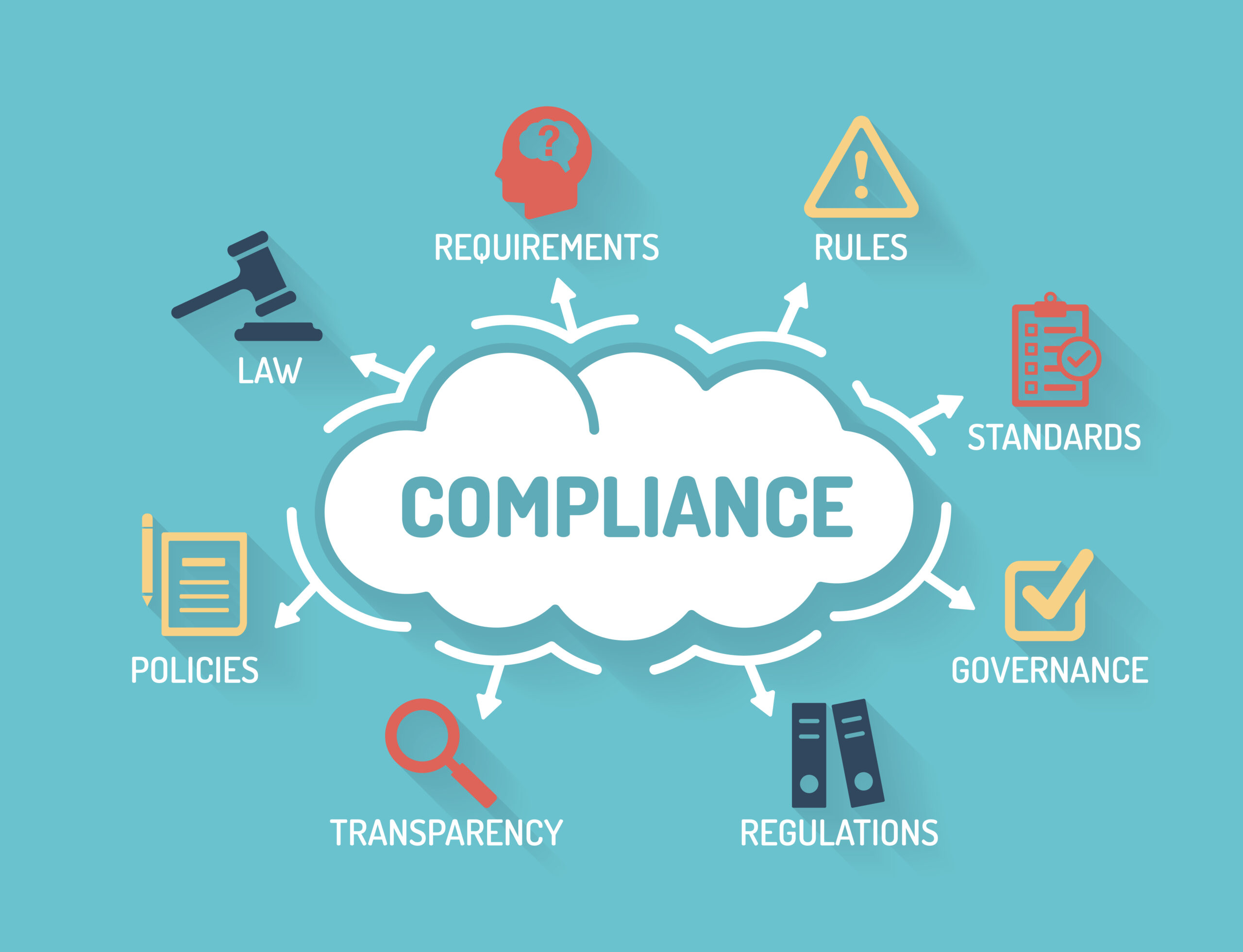Network Compliance

Network Compliance is becoming more and more prevalent in the IT industry since the scandals of the early 2000s that eroded public trust. As information and data sharing increase, businesses found themselves guilty of information failures because their network infrastructure was inadequate or non-existent in terms of compliance. Public confidence was eroded in the aftermath of these breaches. As a result, more business today are having a hard time figuring out which policies and procedures need to be in place to secure their information.
For an IT professional, the abilities to maintain and protect information, remediate problems, and provide adequate compliance reports are essential. Compliance includes the activities that maintain and provide systematic proof of both internal policies and the external lows, guidelines or regulations imposed upon a company.
There are two types of compliance: corporate and regulatory. Both corporate and regulatory compliance consist of a framework of rules, regulations, and practices to follow. Corporate Compliance is defined as rules, regulations and practices an organization puts into place for compliance (according to both external regulations and internal polices). Regulatory Compliance is defined as rules, regulations and practices an organization puts into place for compliance (according to external regulations). Regulatory compliance can include HIPAA, PCI-SDD, SOC 2, ISO, and many more.
Cybersecurity Best Practices
- Protect your data: Don’t send sensitive data unencrypted (SS#, CC, etc.)
- Avoid pop-ups, unknown emails, and links:Phishers try and trick you into clicking on a link that may result in a security breach
- Use strong password protection and authentication: Strong, complex passwords and 2FA can help stop cyber thieves from accessing company information
- Connect to a secure Wi-Fi
- Enable firewall protection at work and home
- Install security software updates and backup your files
- Employ third-party controls
- Embrace education and training: Know your company’s cybersecurity policies and what is expected of you
Cybersecurity Maturity Model Certification
The Cybersecurity Maturity Model Certification (CMMC) is an assessment framework designed to increase the trust in measures of compliance to a variety of standards published by the National Institute of Standards and Technology (NIST). CMMC is required of any company in the DoD (Department of Defense) supply chain, including contractors who interact exclusively with the DoD and any and all subcontractors. To be certified as compliant, a company must have specific practices and processes in place and pass an audit certified by a 3rd party assessment organization (C3PAO). These practices serve to measure the maturity of an organizations’ institutionalization of cybersecurity procedures.




